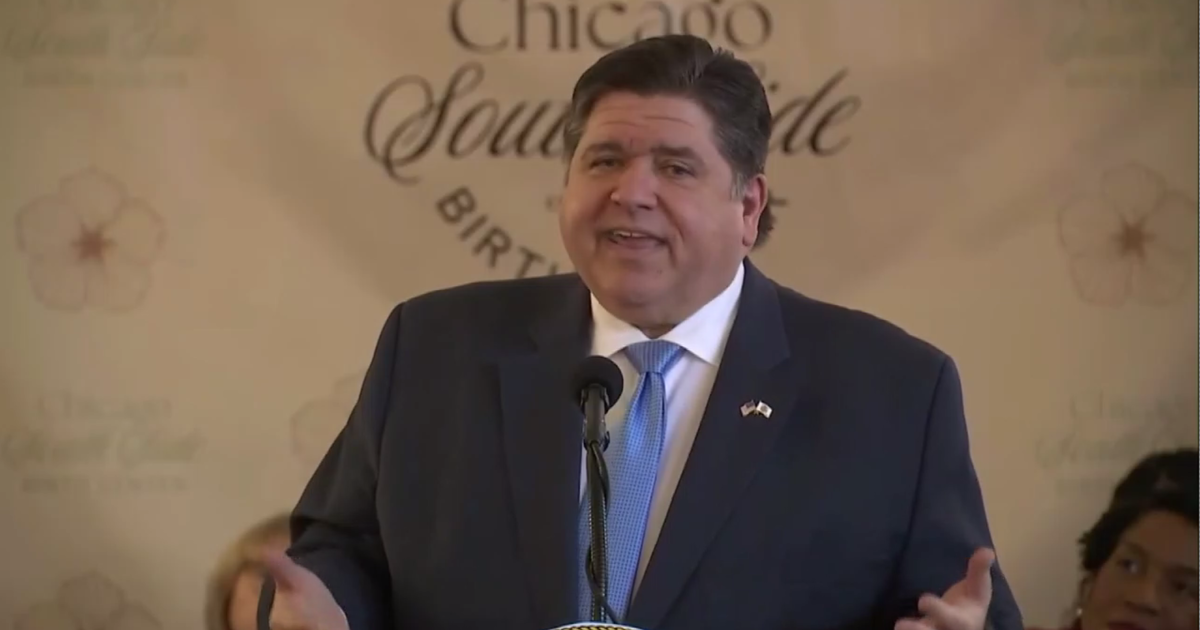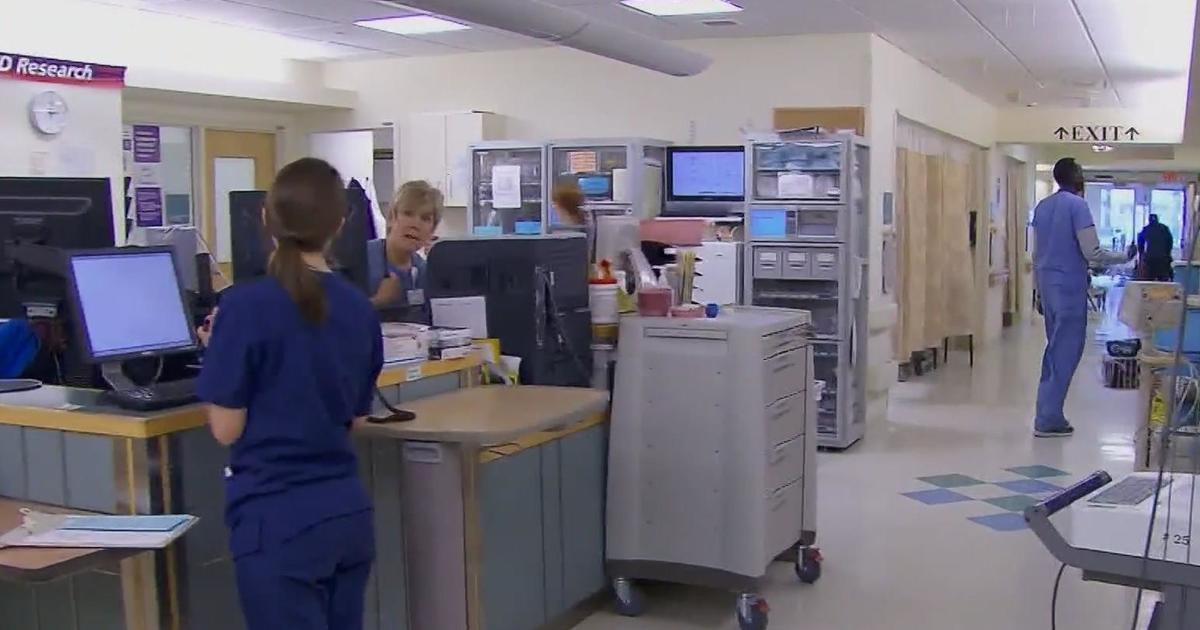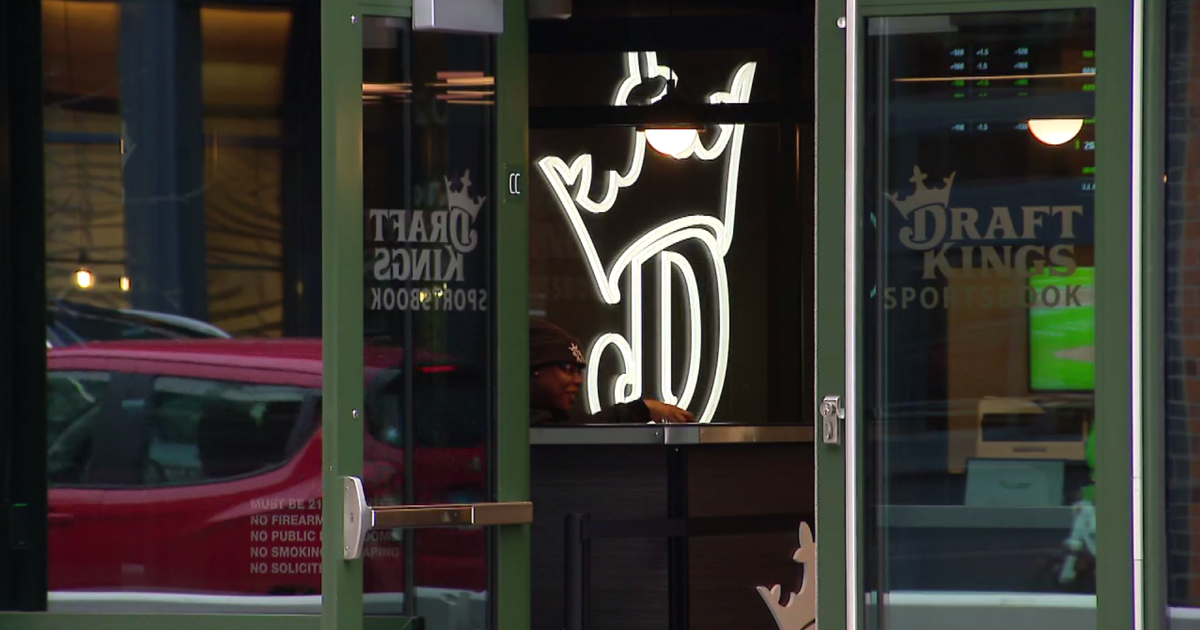Governor, Legislative Leaders Still Divided On Pension Reform
CHICAGO (CBS) -- Gov. Pat Quinn and the state's four legislative leaders remained split on how to fix the state's severely underfunded public pension systems, though the governor did signal a shift in philosophy regarding teacher pensions.
Amid warnings from the Standard & Poor's bond-rating agency that the state's credit rating will be downgraded again if Illinois doesn't address pension reform soon, Quinn and the Democratic and Republican leaders of the Illinois House and Senate met in his Chicago office to discuss how to come up with a pension reform compromise soon.
The Illinois General Assembly adjourned its spring session last week, after failing to pass legislation to reform the state's five public pension systems, amid $85 billion in unfunded liabilities to state employee pensions.
CBS 2 Chief Correspondent Jay Levine reports Quinn signaled he's now willing to support a controversial plan to shift the burden of paying for teacher pensions from the state to local school districts.
The governor met with the state's four legislative leaders at his Thompson Center office, hoping to avoid another hit to the state's credit rating if they don't act fast.
The warning from bond-rating agencies wasn't the only message waiting for the governor and legislative leaders. They also got a message from voters in Wisconsin, who endorsed Gov. Scott Walker's get tough approach with labor unions, when he survived a recall attempt on Tuesday.
That message was delivered to Illinois loud and clear, even though the governor and legislative leaders were reluctant to admit it.
Illinois Senate President John Cullerton (D-Chicago) said, "That's up in Wisconsin. The issue was whether the guy should be recalled, not a referendum on what he did."
Asked whether Walker's win in the recall election in Wisconsin showed Illinois leaders have public support for taking a tougher stance with the unions on pension reform, House Speaker Mike Madigan said, "I don't get to that question.
"These are difficult votes, not for the faint of heart, tough medicine. It's time for people to stand up and take a tough vote."
Madigan is arguably the most powerful politician in Illinois. He doesn't have bodyguards or an entourage. And when it comes to pension reform, it's effectively all up to him.
As proof, look no further than the body language spotted at the Thompson Center on Wednesday. The governor was totally focused on Madigan as Quinn, Madigan and Cullerton concluded their pension summit with Republican leaders of the Illinois House and Senate.
Just last week, Quinn lost Madigan's support on pension reform, by asking him to back off a controversial proposal to shift the state's share of teacher pension costs to local school districts.
Madigan agreed to do so and handed the pension reform plan over to House Minority Leader Tom Cross (R-Oswego), who couldn't muster enough votes to pass a pension plan without the teacher pension shift.
Now Quinn appears to be taking Madigan's side in that debate.
"The taxpayers of Illinois should not be just there to subsidize the retirement costs of every single school district," Quinn said after Wednesday's meeting.
Madigan said that's still the biggest stumbling block when it comes to pension reform.
"You have a situation where local school districts get a free lunch. They make spending decisions that they don't have to pay for."
The Chicago Public Schools are the only school district in the state that pay the employer's share of teacher pensions. All other school districts in the state rely on state funding for their share of teacher pensions.
But Illinois Senate Minority Leader Christine Radogno (R-Lemont) said there are more votes for pension reform if the teacher pension shift is not included.
"We need to get a package that can get a majority to pass, and there's more votes if you don't do the shift, because people are very concerned about a property tax increase, as they should be," she said.
Opponents of the teacher pension shift have said it would result in major property tax hikes for suburban and downstate school districts.
So the battle lines remain drawn exactly where they were in Springfield last week, except that what happened in Wisconsin could indicate to Quinn and others that organized labor has lost a lot of political clout.
Independent political consultant Don Rose said, "In the back of his mind, and in the back of Madigan's mind, they know that they have the upper hand now in cutting pensions."
Rose said, if the voters in Illinois are anything like their neighbors in Wisconsin, getting tough on public employee pensions won't cost the governor and lawmakers too many votes.
Of course, passing something that would raise property taxes is another matter.



